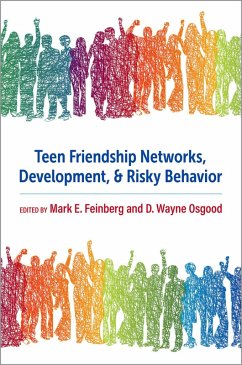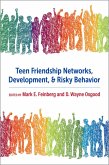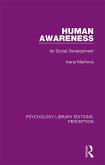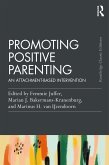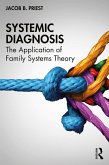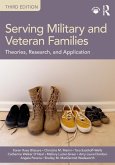The PROSPER study is the premier study of adolescent peer networks in the world, with a scope of over 12,000 youth in 28 school districts, and with 8 annual waves of data collection covering grades 6-12. Research output from the PROSPER study has provided extensive new insights in the areas of adolescent development, risky behaviors, and social networks. Through the lens of the PROSPER study,
Teen Friendship Networks, Development, and Risky Behavior describes the many ways that adolescent friendship networks channel and facilitate the spread of adolescent substance use, delinquent behaviors, mental health problems, educational success, romantic relationships, and future development. Introductory chapters explain the theories of adolescent development and the elements of peer network science. The chapters of the main part of the book each focus on a domain of adolescent behavior, providing background on the topic and highlighting the contribution of the PROSPER study to understanding the way teen friendships operate to promote initiation or diffusion of the behavior or attribute. With coverage of major themes such as the ways that teens select friends based on particular characteristics or similarity between them, and the ways that friends, once selected, influence each other, as well as discussion of how friendship and network patterns are linked to the uptake and spread of positive prevention messages,
Teen Friendship Networks, Development, and Risky Behavior will appeal to researchers and students across several fields.
Dieser Download kann aus rechtlichen Gründen nur mit Rechnungsadresse in A, B, BG, CY, CZ, D, DK, EW, E, FIN, F, GR, HR, H, IRL, I, LT, L, LR, M, NL, PL, P, R, S, SLO, SK ausgeliefert werden.

